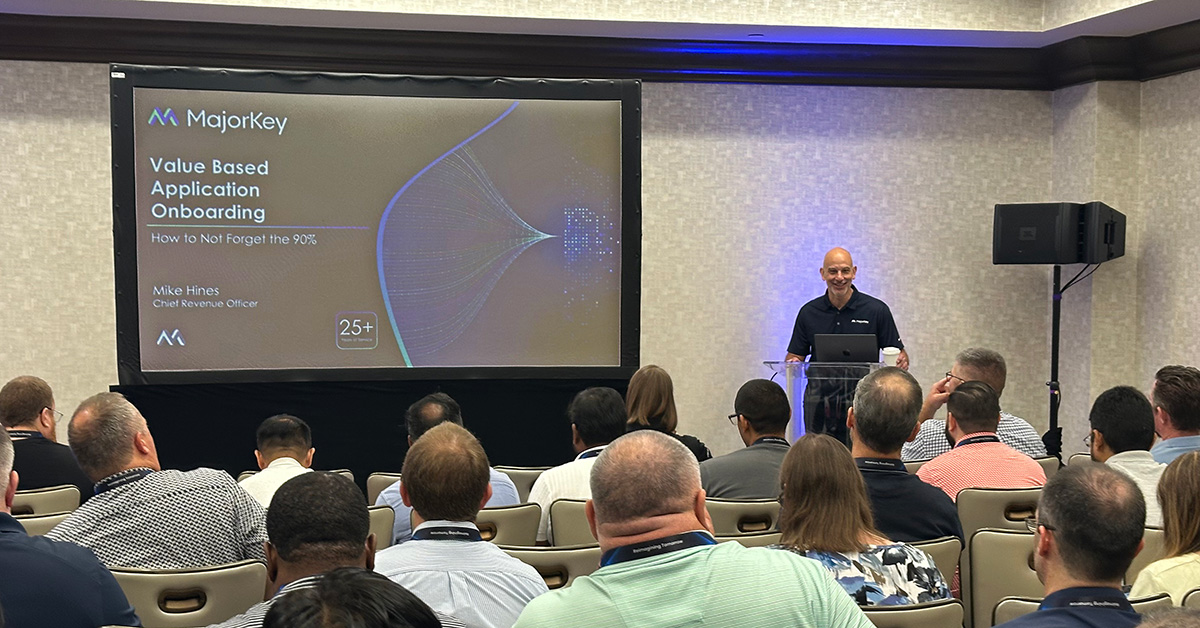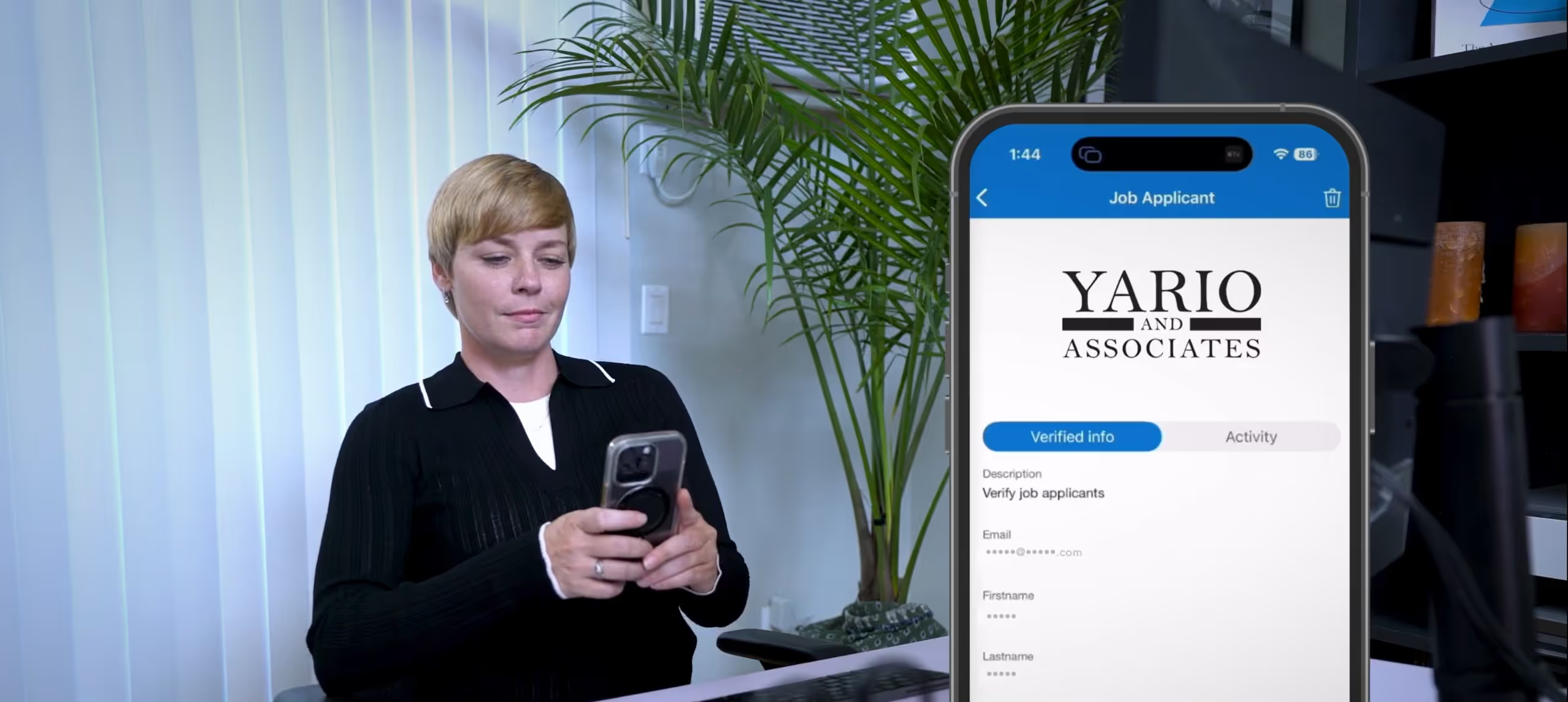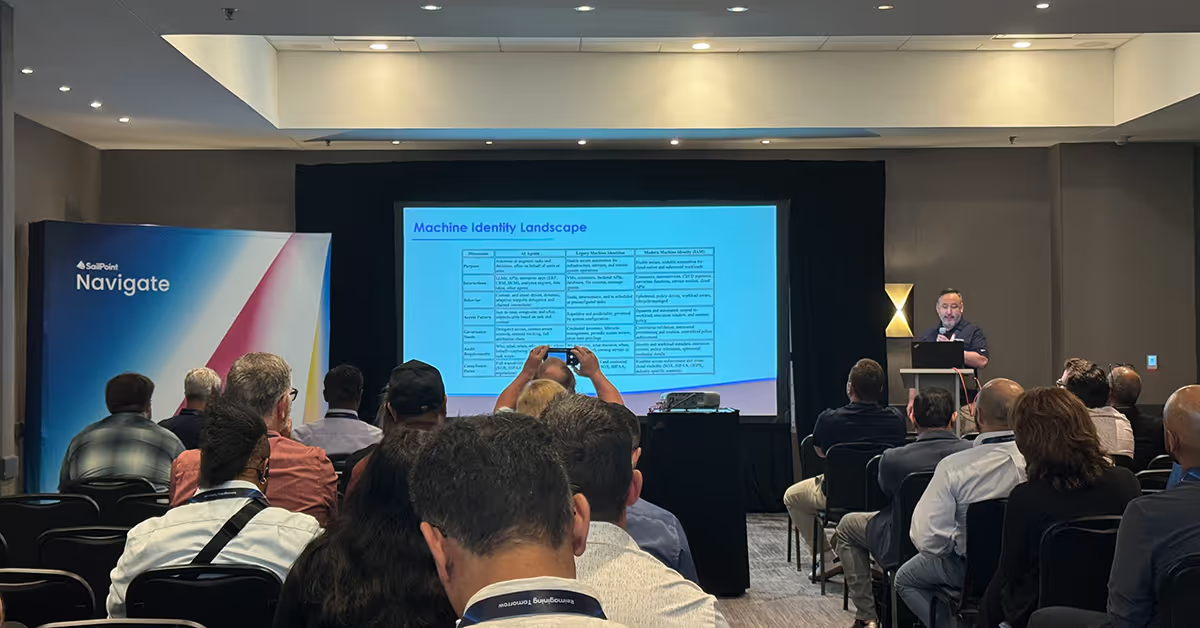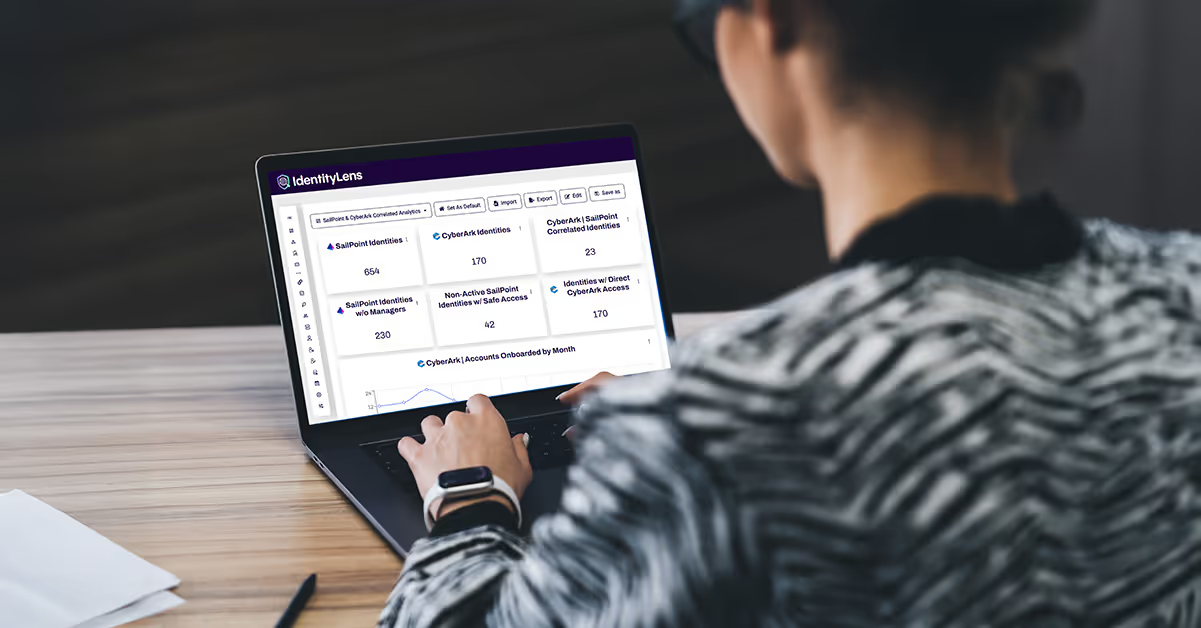Cloud Compliance and Regulatory Considerations: An Overview
February 7, 2024
|
Duration:
4
min READ

In today’s rapidly evolving cloud landscape, Cloud Infrastructure Entitlement Management (CIEM) solutions are a vital tool for organizations managing compliance and regulatory requirements. CIEM solutions have robust audit and reporting capabilities that provide deep insight into user permissions and resource allocations, ensuring that organizations can meet requirements.
This article addresses CIEM’s role in meeting compliance requirements, auditing and reporting capabilities of CIEM solutions, and regulatory challenges in multi-cloud and hybrid environments
Compliance and regulatory frameworks that impact cloud environments
Companies that operate within cloud environments often need to adhere to compliance and regulatory frameworks. These frameworks dictate how data in the cloud is handled, protected, and stored. Some of the more popular frameworks are listed below:
- General Data Protection Regulation (GDPR): Enacted by the European Union, GDPR dictates how companies should handle and protect EU citizens' data, including data stored or processed in the cloud.
- Health Insurance Portability and Accountability Act (HIPAA): U.S.- specific legislation that prescribes how companies should safeguard sensitive patient data, with specific guidelines for cloud computing environments.
- Payment Card Industry Data Security Standard (PCI DSS): This global standard outlines requirements for organizations that process card payments, including guidelines for securing payment data in the cloud.
- California Consumer Privacy Act (CCPA): A state-specific law in the U.S. that stipulates rules for protecting the privacy of California residents, including guidelines for data handling in cloud environments.
Companies utilizing cloud infrastructure should carefully consider these frameworks in their cloud strategies to ensure data security and adherence to regional and national regulations.
The role of CIEM in meeting compliance requirements
As cloud adoption has surged, so has the complexity of managing permissions and entitlements, making it essential to monitor and manage these entitlements efficiently.
CIEM tools help organizations address compliance concerns in the following ways:
- Visibility into Entitlements: CIEM tools provide comprehensive visibility into who has access to what resources, making it easier to review and ensure that only appropriate personnel have access to sensitive data or critical systems governed by compliance frameworks.
- Automated Audits and Reporting: Regular audits are a core component of many compliance frameworks. CIEM tools can automate the audit process of cloud entitlements, generating reports that provide evidence of the cloud environment demonstrating compliance with the required controls.
- Real-time Monitoring and Alerts: Continuous monitoring of cloud entitlements ensures that any deviations or unauthorized changes trigger immediate alerts. This real-time feedback is crucial for maintaining compliance and responding to potential issues before they escalate.
- Role and Policy Management: CIEM tools can help define, enforce, and manage roles and policies across various cloud services. This ensures consistency in entitlements and makes it easier to adhere to compliance standards.
- Automated Policy Management: Adding to the previous point, many CIEM tools allow for automated policy management helping to ensure consistent adherence to regulatory requirements, regardless of the complexity of the cloud environment.
- Historical Analysis and Forensics: CIEM tools keep historical data on entitlement changes and access patterns. This is invaluable for forensic analysis after a security incident and for demonstrating compliance during audits.
- IAM Solution Integration: Many CIEM tools integrate with Identity and Access Management (IAM) solutions, ensuring that entitlements align with identity policies and any changes in user status such as role changes or terminations.
- Automated Remediation: Beyond just identifying issues, some CIEM tools can automatically rectify misconfigurations or over-permissions, ensuring that the cloud environment remains compliant with organizational policies and regulatory requirements.
- Multi-cloud Support: As organizations often use multiple cloud providers, CIEM tools that support multi-cloud environments ensure consistent entitlement management and compliance across all cloud platforms.
Final Thoughts
By proactively managing cloud entitlements and providing the tools necessary to monitor, report, and remediate, CIEM solutions play a pivotal role in helping organizations maintain compliance in today's complex hybrid and multi-cloud environments.
Authors

No items found.
No items found.
No items found.
.svg)



















.svg)
